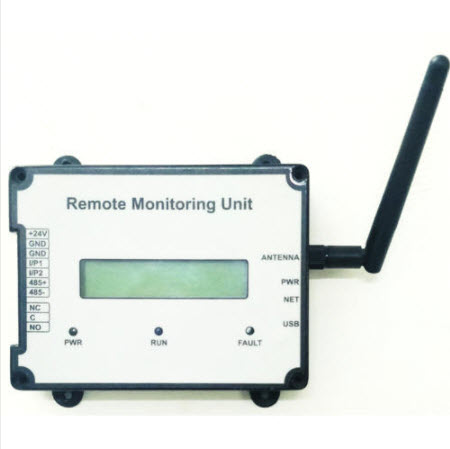Welcome to this month’s blog post on waste and recycling. This month we’re going to talk about the role of technology and how it can be leveraged to help free up unnecessary time and resources, preventing redundant or unnecessary and expensive services. You can use technology to reduce recycling costs with these few tips and resources! Technology relative to waste and recycling has changed much in the past 30 years. But these advancements have largely been for the benefit of the waste hauler/vendor.
There are, however, two technologies that can help reduce costs while delivering other intangible benefits. These are compactor monitors and on-board scales.
How Can Technology Help Reduce Recycling Costs
Compactors are the most frequently used type of waste containers for industrial and large commercial operations. Ensure they are completely full before being removed. And emptied saves on transportation fees and keep the container readily available for use. The difficulty with compactors is that there is no way to visually know for sure how full they are. I often see pressure gauges attached to compactors ,unfortunately they are seldom effective.. The problem with a gauge is the tendency of waste to “bridge” inside the compactor. This then creates a temporary false-full reading on those gauges.
Monitors, by contrast, begin by reading the pressure and then, over time, and recording numerous data points. Steadily, over time, the software builds a profile of the container and its frequency of use. Then, using an algorithm this technology effectively “learns”, how much the compactor can hold and anticipates when it needs to be emptied so that it is emptied at the ideal level: full, but not too full. When it’s time, an email is automatically generated and sent off to the vendor. If your compactor is pulled three times a week or more, a monitoring device is something you want to explore.
Additionally, there are the intangible benefits of fewer pickups. These include reduced truck-traffic, noise, and improved safety. Waste vehicles are among the heaviest on the road. Therefore, fewer of them pounding across your facility’s asphalt will reduce wear and tear on surfaces.
How Can On-Board Scales Help Reduce Technology Recycling Costs?
On-board scales for front-loading dumpsters are gaining in popularity as the waste industry responds to customer demands for fairness in billing. Historically, customers were charged by volume (cubic yards) of waste, while the standard unit of measure for the industry was weight-based. This disconnect results in an unfair accounting to the detriment of the customer. With the advent of on-board scales, front-loading waste trucks now have a means for accurately measuring the weight in the container’s contents so that the customer is paying for the actual weight in the dumpster and not by volume,ie., the empty space of the container if the dumpster is not full. If you have any dumpsters in your waste management plan, this too should be explored.
To learn more about Cumberland Recycling and our services visit our website! Or you can contact us today at k.malloy@cumberlandrecycling.co or give us a call at (615) 239-5611! We look forward to hearing from you!

